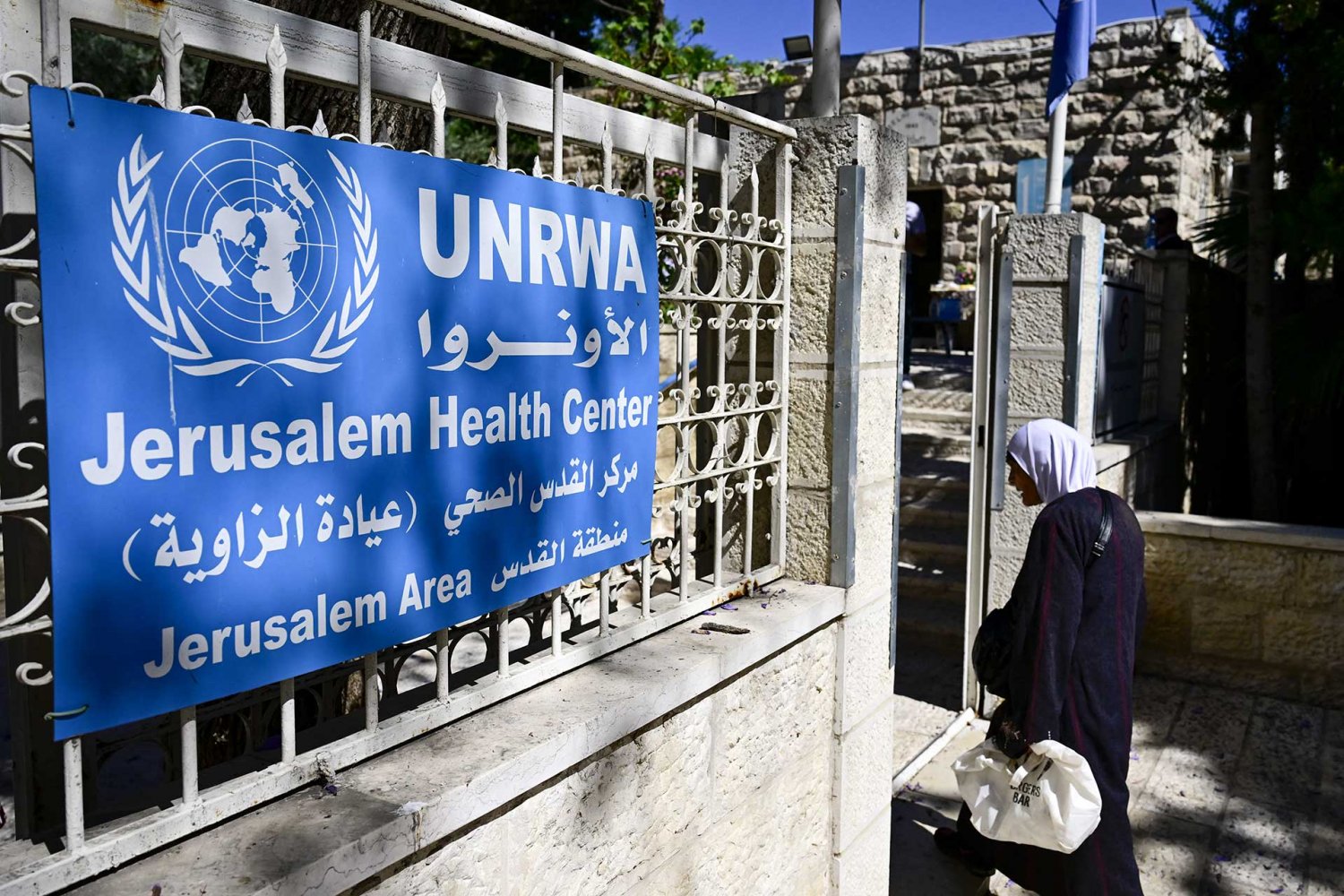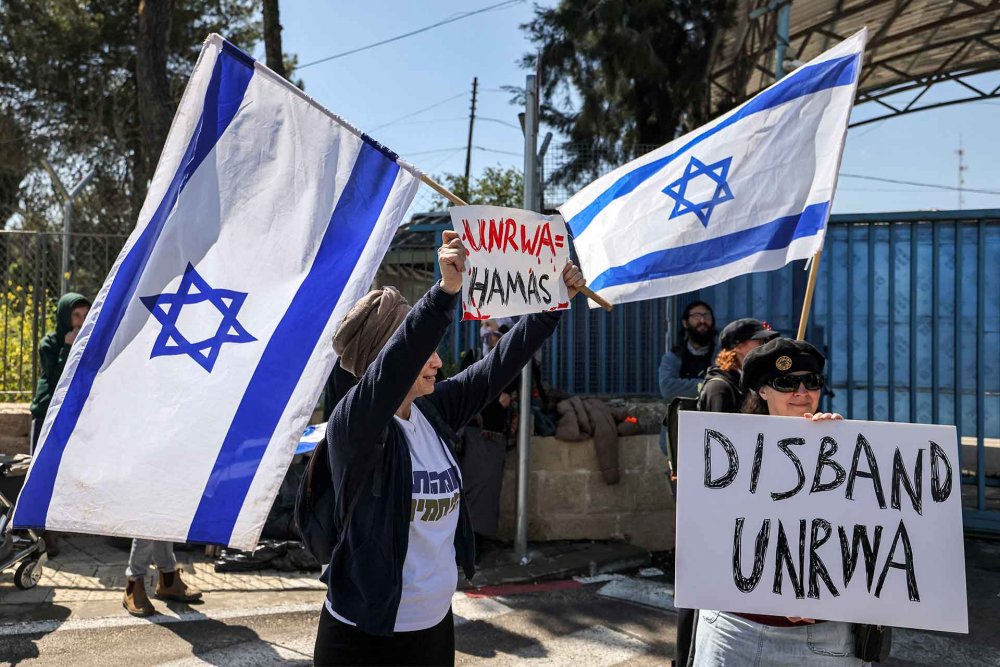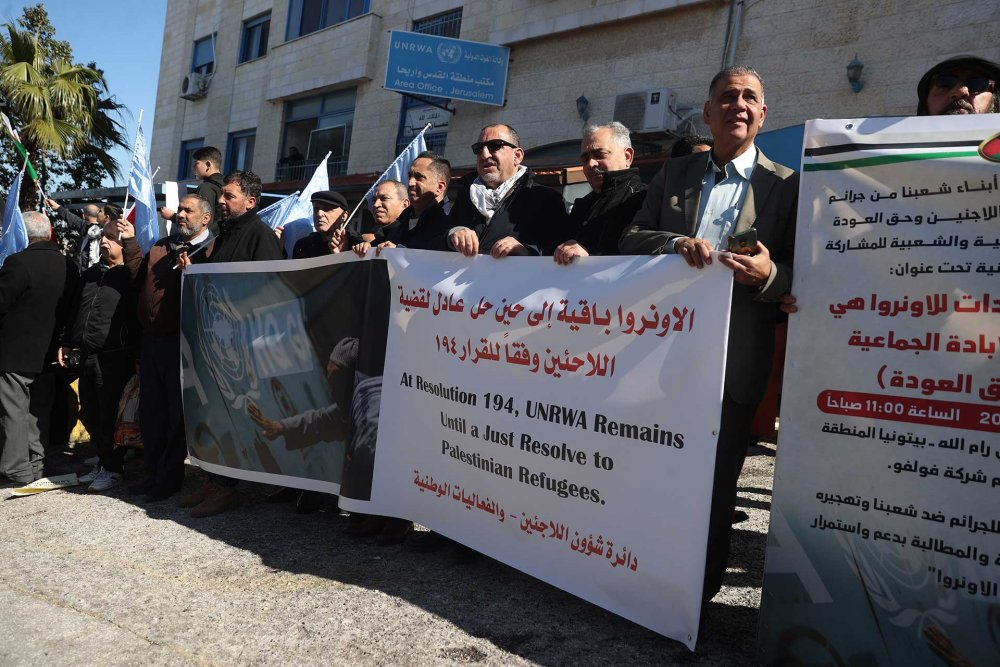Abu Imad, 72, had been engaged in an interesting conversation with his friends while driving in his luxurious Mercedes in a neighborhood in Amman, when he heard the news bulletin on the radio and suddenly fell silent. The Israeli Knesset had just passed a law prohibiting the work of the United Nations Relief and Works Agency for Palestine Refugees in the Near East (UNRWA) in Israel, the occupied West Bank (including East Jerusalem), and Gaza Strip.1 The Knesset also voted to declare UNRWA a “terror group,” meaning that any contact between UNRWA and the state is banned.
The decision regarding the institution all Palestinians know as al-wakala (the agency) means that its headquarters in Palestine will be closed, its employees laid off, and the services it provides to the Palestinian refugees there will come to an end. If the Israeli decision leads to the collapse of UNRWA or its budget, then its operations in Jordan, Lebanon, and Syria could collapse as well.



